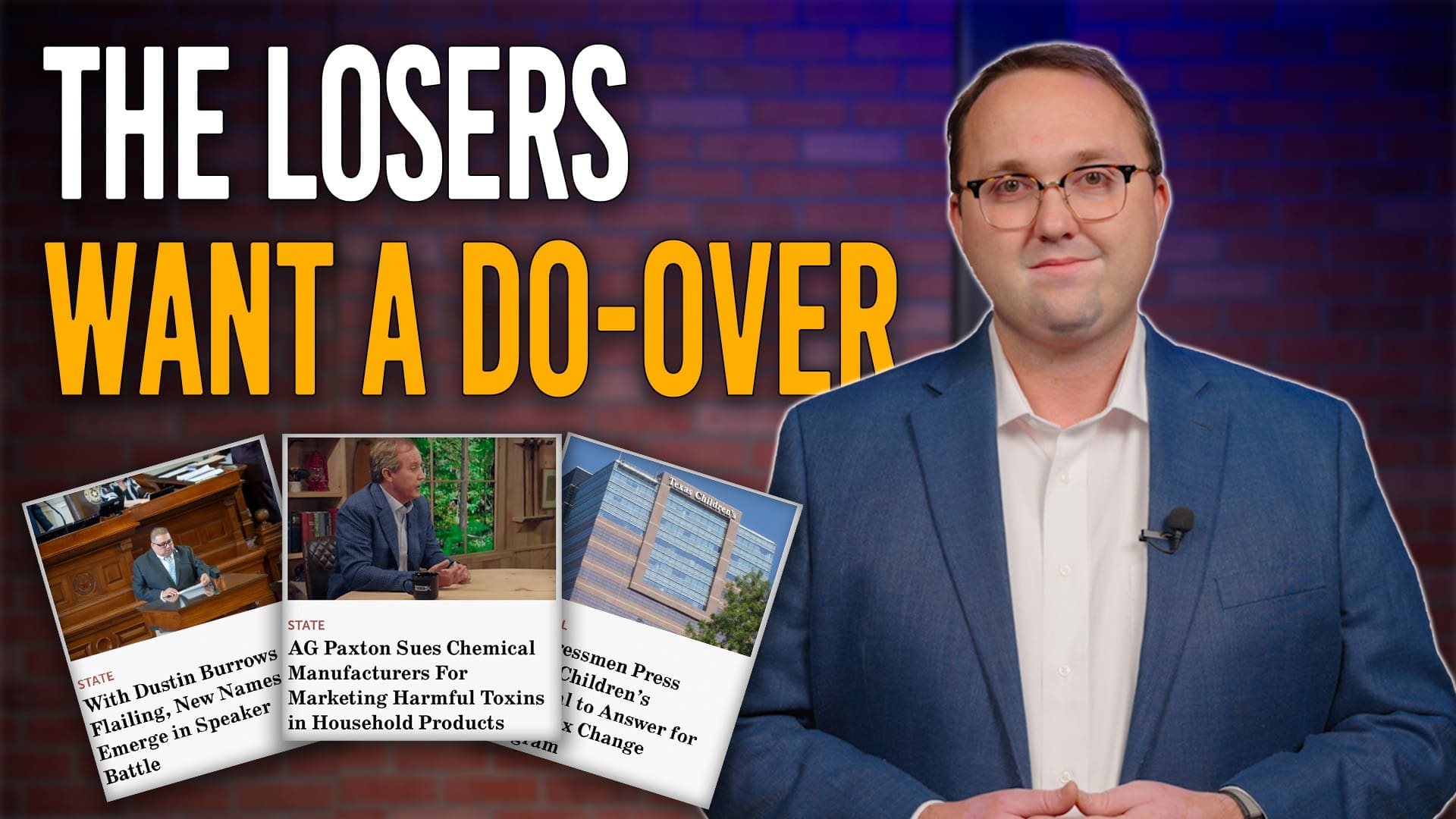Where are decisions really made that impact our city? Under whose influence? Naturally, responsible city council members research agenda items beforehand to inform themselves, and we expect this. However, where are these items deliberated? All too often, in closed “executive session” before the public meeting, and before public testimony, and away from public scrutiny.
The Texas Open Meetings Act stipulates all government bodies must hold meetings open to the public unless there is an authorized reason for a closed “executive session.” Any honest reading of the act would lead to the same reality by which other governing bodies nationwide are run: closed meetings are to be used sparingly, specifically to discuss sensitive or confidential matters. They are not to escape public scrutiny.
However, this is what the Plano City Council has made a matter of course. The meetings posted on the city’s web page explicitly state, “Executive Session 5 p.m. — Regular Meeting 7 p.m.” This is a routine occurrence. Moreover, the agendas state generically, “The City Council may convene into Executive Session to discuss posted items in the regular meeting as allowed by law.”
However, that’s not quite the letter — and certainly not the spirit — of the law. Why should the city council disappear into executive session to discuss the agenda of the regular meeting? What does the council say behind closed doors about public agenda items that they cannot say in public? Why are minutes of these executive sessions not taken and made available to the public after their supposed sensitivity fades?
Section 551.071 of the Texas Open Meetings Act outlines permissible reasons for executive session for consultations with a city attorney — ostensibly the most common justification for executive sessions closed to the public. The section stipulates as follows:
“A governmental body may not conduct a private consultation with its attorney except:
(1) when the governmental body seeks the advice of its attorney about:
(A) pending or contemplated litigation; or
(B) a settlement offer; or
(2) on a matter in which the duty of the attorney to the governmental body under the Texas Disciplinary Rules of Professional Conduct of the State Bar of Texas clearly conflicts with this chapter.”
It doesn’t take a lawyer to understand that passage, and to conclude that simply having the city attorney present for a conversation does not merit a meeting closed to the public, nor does it constitute “attorney-client privilege.”
The public deserves to know what their elected representatives are saying. If the votes are in public but the deliberation is not (at least the deliberation that really counts), this is not transparent, accountable government. And you can bet if government officials don’t want you to know what they’re saying, they definitely don’t want you to know what they’re doing.
Plano City Council should scrupulously limit executive sessions to the enumerated exceptions outlined in the Texas Open Meetings Act; dutifully post the specific subject matter of those sessions, per the requirements of the Act; take thorough minutes of each session, even if they cannot yet be disclosed to the public; and make every effort to be as transparent and accountable to the people of Plano as possible in all aspects of city government. The people of Plano deserve no less.
This is an outside commentary submitted and published with the author’s permission. If you wish to submit a commentary to Texas Scorecard, please submit your article to submission@empowertexans.com.





